When I land on the east coast of America, people tell me they’ve never met a Trump voter. When I land in the middle, as I did last week in Kentucky, I meet lots. I chatted with my driver, who did not like Trump at first, but would vote twice for his re-election if he could, because of the jobs boom and the Brett Kavanaugh hearings. He’s a retired salesman who tutors kids from poor backgrounds in reading and maths. ‘I guess that makes me a conservative,’ he says.
I had to lecture in semi-darkness in Louisville, after a power cut plunged most of the university into darkness. I timed it so that just at the moment when the power company had promised the lights would come back on, I had reached the bit where I said that artificial light is now 60,000 times cheaper than in 1800, in terms of the amount of time you have to work to earn a given quantity of light — a calculation by the economist Bill Nordhaus, who won the Nobel Prize the day before my talk. But it stayed dark, and stiflingly hot.
That day Hurricane Michael slammed into Florida, causing devastation and killing 26 people. It had the third lowest recorded atmospheric pressure (919 millibars) of any hurricane to make landfall in America. The lowest (892mb) was the Labor Day hurricane of 1935, which killed 423. Yet the media continues to imply that recent hurricanes are linked to climate change, as if they would go away if we stopped driving cars: ‘The Hurricanes, and Climate-Change Questions, Keep Coming. Yes, They’re Linked’, said a New York Times headline on Thursday. I find almost nobody knows that there is no upward trend in the frequency or strength of such cyclones over the last four decades — a fact reconfirmed in the latest UN report last week. Globally, deaths from floods, droughts and storms are down by 98 per cent in a century, not because of less bad weather, but because of better technology and forecasting.
Donald Trump now says of climate change: ‘I don’t think it’s a hoax, I think there’s probably a difference. But I don’t know that it’s man-made.’ The climate activist Eric Holthaus said: ‘The world’s top scientists just gave rigorous backing to systematically dismantle capitalism.’ Both are wrong. The truth is that climate change is happening, but more slowly than expected. It’s now 30 years since James Hansen of Nasa raised the alarm and, as climate scientist Pat Michaels and hurricane expert Ryan Maue have pointed out, ‘it’s time to acknowledge that the rapid warming he predicted isn’t happening’. Our own government’s climate-change committee, and the hysterical BBC, should take note.
At a meeting in California I attended a remarkable talk by Hugh Herr, who is a double amputee developing new bionic limbs at the Massachusetts Institute of Technology. By attaching people’s leg muscles to each other during an amputation, he has reduced both the phantom pain and the deadness of their limbs. Robotic, motorised ankle prostheses can pick up signals from the muscles and enable the person to lift, roll and tap their ‘feet’ again. He showed a video of a patient climbing the sheer cliff in the Cayman Islands where he fell and lost a leg some years before, using his robotic foot to cling to crevices in the rock.
An afternoon whale-watching off Santa Barbara proved almost ridiculously productive. A mother humpback whale and her calf decided to spend the afternoon seeing who could jump higher out of the water, while a thousand common dolphins joined in. Globally, humpback whale numbers have increased from 10,000 in the 1960s to 80,000 today. They are not bothered by the fact that the waters off Santa Barbara are stained when calm with thin oil slicks. It’s entirely natural: 10,000 gallons of oil oozes into the water every day in a six-mile stretch just off the beach, from seepages on the ocean floor.
Also on the boat was Oskar Eustis, artistic director of New York’s Public Theater and one of the people behind Hamilton. He tells a fascinating story of what came out of the moment when the audience booed vice-president Mike Pence at a showing of the musical in 2016. Hundreds of thousands of pro-Trump Americans signed a petition to boycott the show, but instead of patronising them as philistines, Eustis realised that most of these people would never get to see it anyway. ‘They aren’t boycotting us,’ he says, ‘we’re boycotting them’ — by making theatre an exclusive preserve of the bi-coastal elite that does not address the concerns or come to the towns of middle America. He is now taking Lynn Nottage’s Sweat, about job loss and drug addiction in the Rust Belt, for free to community centres in the heart of the country, and reactions have been spectacular. An encouraging example of the two Americas reconnecting. Britain needs this too.
Got something to add? Join the discussion and comment below.
Get 10 issues for just $10
Subscribe to The Spectator Australia today for the next 10 magazine issues, plus full online access, for just $10.
You might disagree with half of it, but you’ll enjoy reading all of it. Try your first month for free, then just $2 a week for the remainder of your first year.

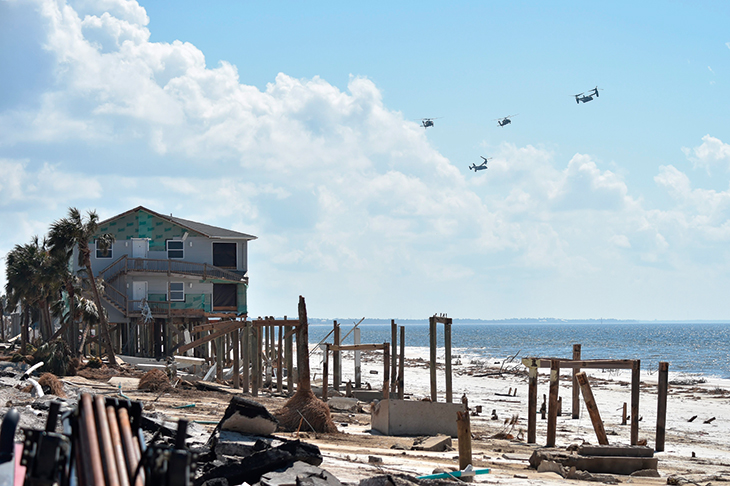

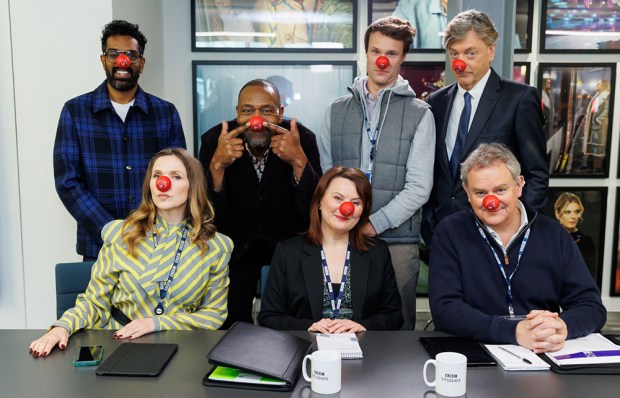
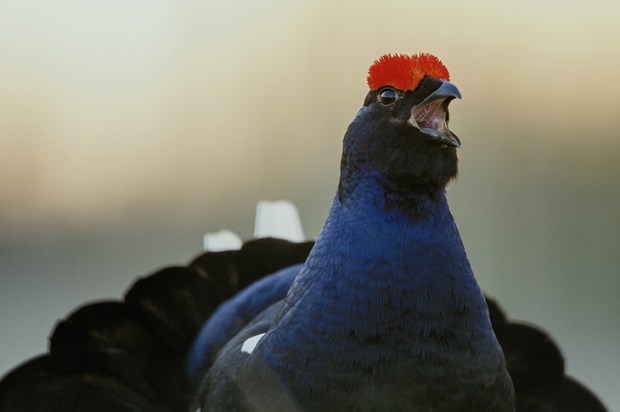
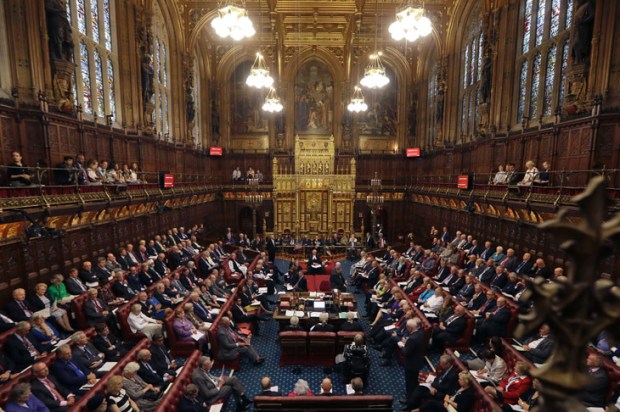
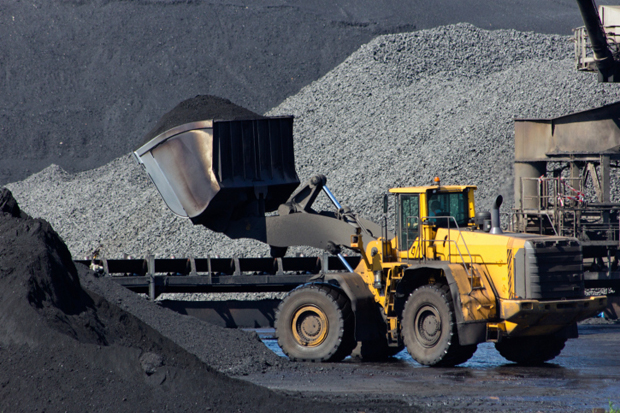
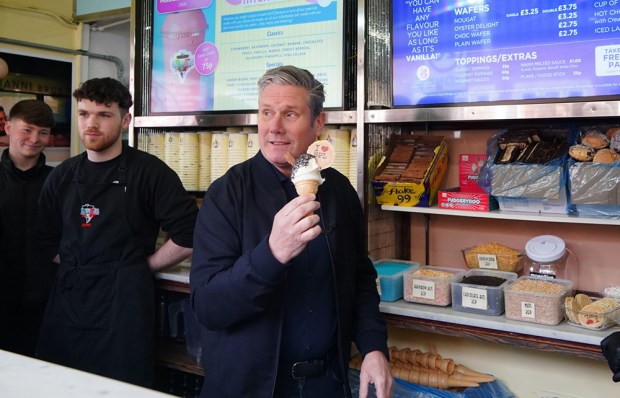






Comments
Don't miss out
Join the conversation with other Spectator Australia readers. Subscribe to leave a comment.
SUBSCRIBEAlready a subscriber? Log in